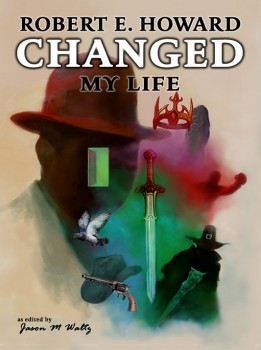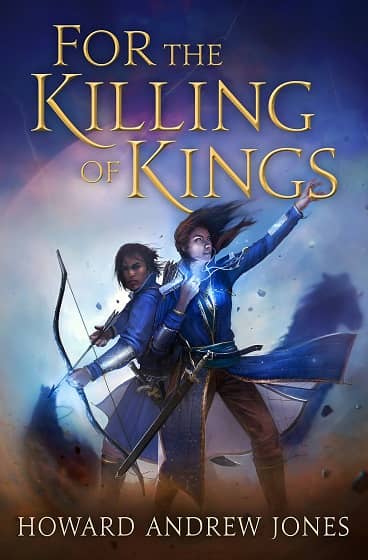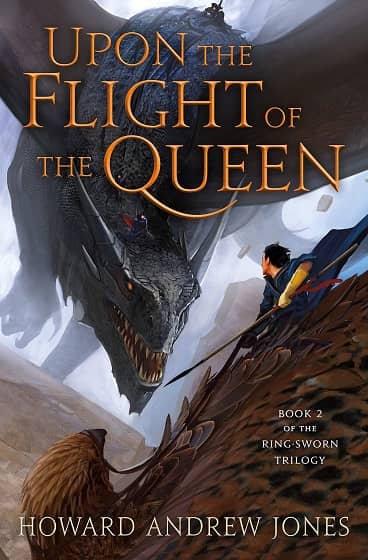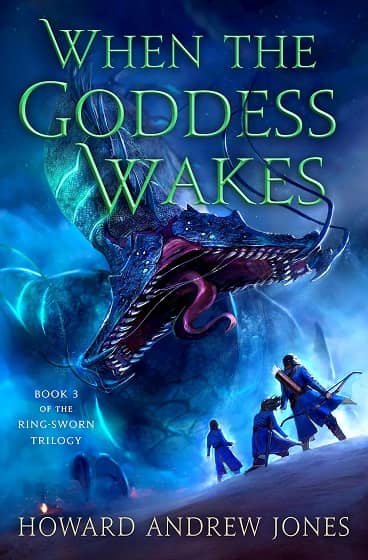Rogue Blades presents: In Defense of the Heroic
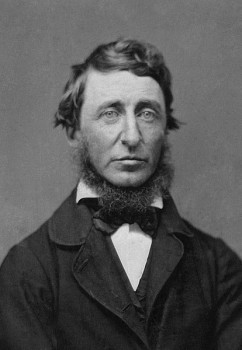
This article originally appeared last year on the Rogue Blades Web site, but I thought readers of Black Gate would appreciate it.
“The heroic books, even if printed in the character of our mother tongue, will always be in a language dead to degenerate times…”
Henry David Thoreau wrote those words in the mid-19th Century for his distinguished book, Walden. They rang true then and they ring true today. Of course there will be those who say we do not live in degenerate times, that we live in the greatest of all ages, that our technological and social achievements are pressing us towards some utopia, but those who are true students of history and have open eyes might argue otherwise, or at least they might hold more than a little skepticism about the potential greatness of the immediate future.
Whether or not we live in a degenerate age, we are in need heroes more than ever. The Thoreau quote above concerns heroic books and not specifically heroic individuals, but I still believe it is appropriate to our current age.
But why do we need heroes? What do they bring to the table? After all, haven’t we shattered the myths of all our heroes from the past? Haven’t we discovered all the dirty little secrets about our real-world heroes? Haven’t we become so modern and avant-garde that the very idea of a fictional hero is quaint? Was not Tina Turner correct in her 1985 hit song, “We Don’t Need Another Hero?”
